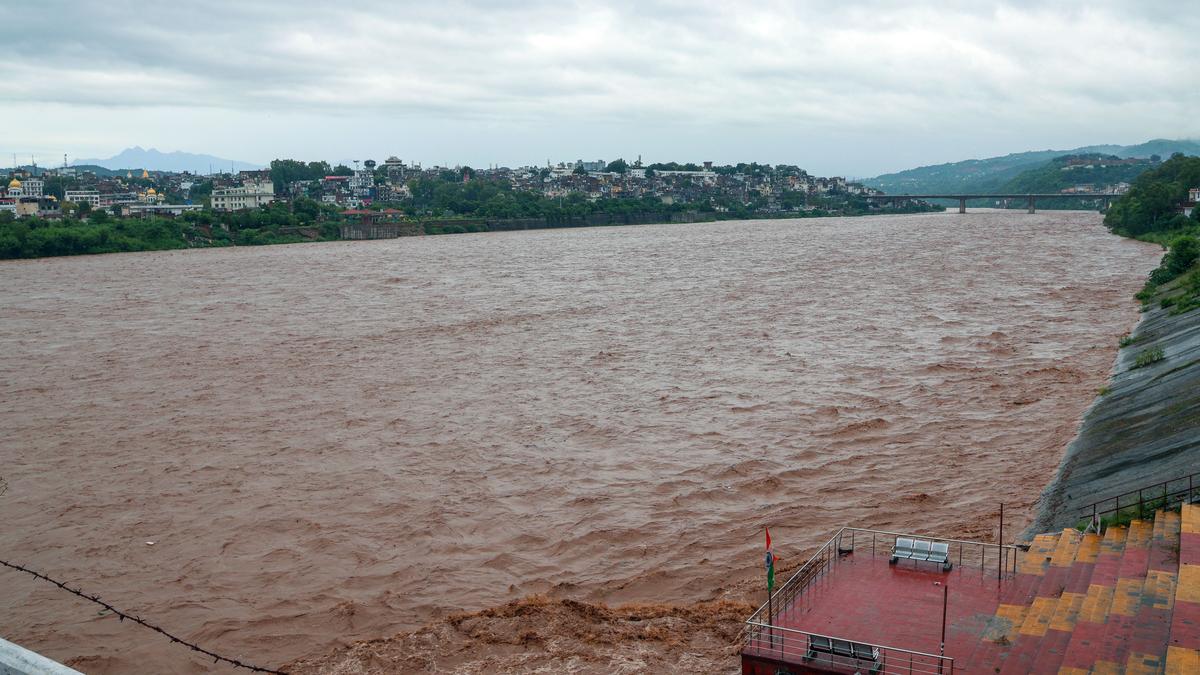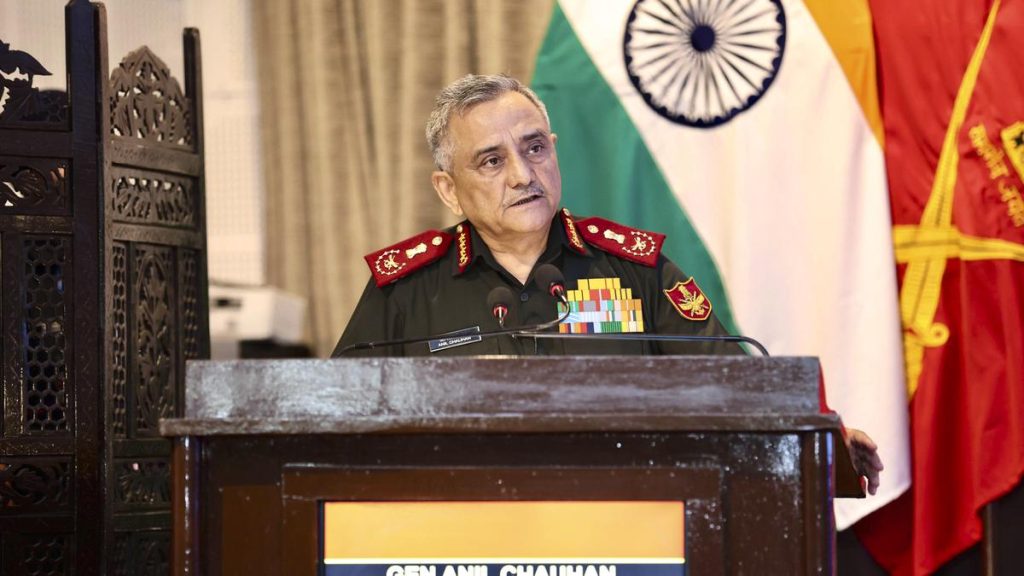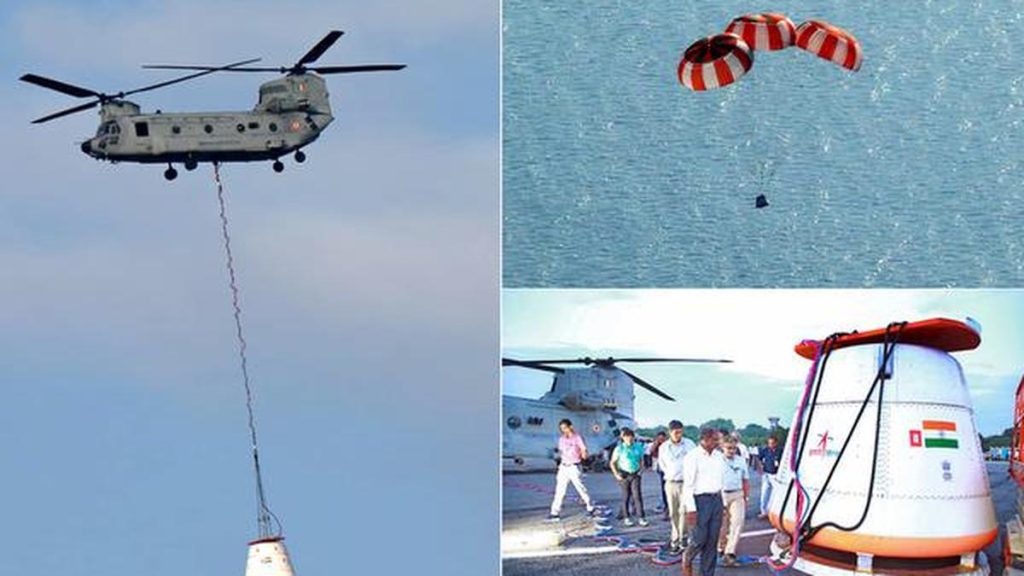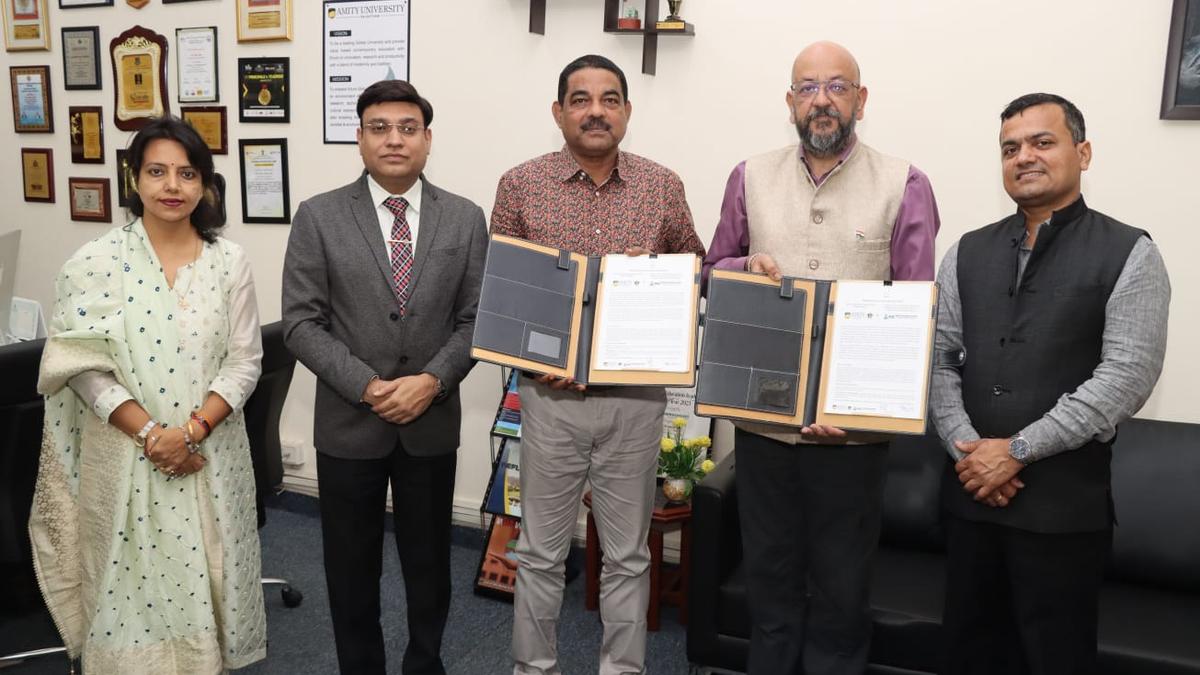Now Reading: India Warns Pakistan of Possible Floods, Confirms FO Spokesperson
-
01
India Warns Pakistan of Possible Floods, Confirms FO Spokesperson
India Warns Pakistan of Possible Floods, Confirms FO Spokesperson

quick Summary
- India issued a flood warning to Pakistan concerning rising water levels in Tawi river, using diplomatic channels rather than the Indus Waters Commission mandated by the Indus Waters Treaty (IWT).
- This marks the first known official contact between India and Pakistan as a four-day conflict in May 2025.
- On August 24, 2025, Indian officials informed Pakistan of a potential major flood “on humanitarian grounds.”
- Pakistan’s Foreign Office stated that India’s use of diplomatic channels rather of IWT procedures violates treaty obligations and international law.
- In April 2025,after the Pahalgam terror attack,India declared the Indus Waters Treaty to be “in abeyance,” taking punitive measures against Pakistan.
- Pakistani authorities acted on India’s warning by issuing alerts amid severe monsoon rains causing widespread devastation across Pakistan with over 800 lives lost.
- Heavy rainfall is expected to continue until August 30 as per forecasts by NDMA (Pakistan’s National Disaster Management Authority).
- The Indus waters Treaty signed in 1960 governs water-sharing arrangements between both nations.
Indian Opinion Analysis
India’s decision to communicate flood warnings through diplomatic channels reflects dual motives: addressing immediate humanitarian concerns irrespective of strained relations while navigating broader geopolitical tensions post-Pahalgam attack. While proactive dialogue showcases India’s willingness to prevent disaster escalation across borders, departing from established mechanisms under the Indus waters Treaty raises critical questions about adherence to international legal frameworks.The situation highlights two key implications for India: its balancing act between asserting punitive measures against alleged supporters of terrorism and preserving regional stability during humanitarian crises. Additionally, this case underscores how climate-driven challenges-like extreme monsoons-continue demanding cooperative dialogue despite larger disputes. India’s gesture offers short-term goodwill but does not resolve existing friction around treaty compliance or South Asian peace dynamics.
Read more: The Hindu























